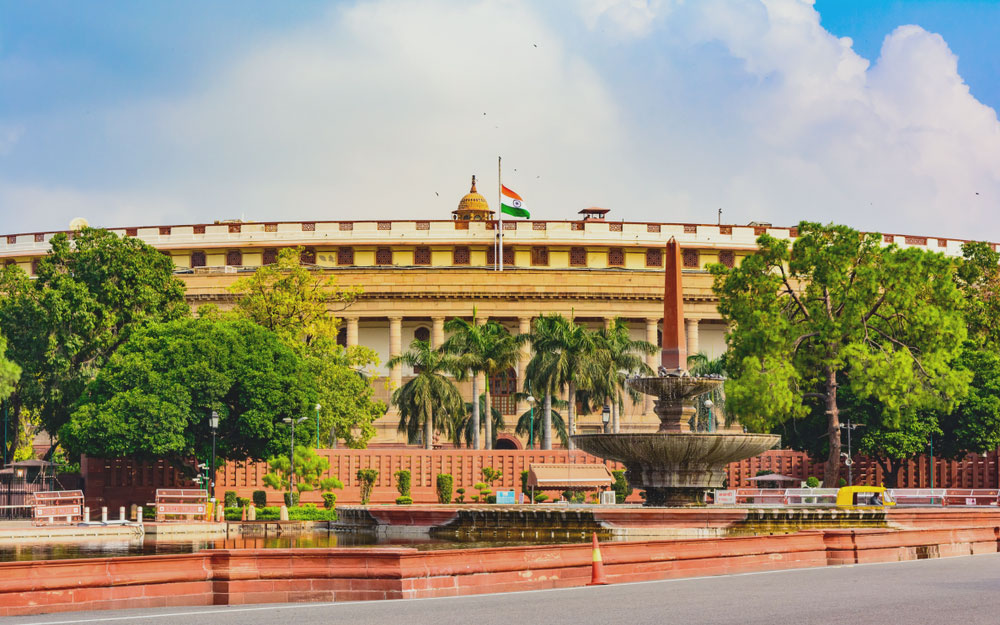The Centre on Tuesday told the Supreme Court that the Citizenship Amendment Act does not interfere with any “existing right” and does not in any manner seek to “affect the legal, democratic or secular rights of any of the Indian citizens”.
The Centre gave the assurance in an affidavit in response to a batch of 140-odd petitions filed by individuals and organisations challenging the CAA on the ground that the new law was discriminatory as did not include Muslims among the beneficiaries.
The government pointed out that courts had a limited role of judicial review in matters concerning citizenship policy.
Rejecting the arguments of the critics that several other religious minorities from countries such as Myanmar and Sri Lanka have been ignored under the CAA, the government asserted that “the Indian Parliament, which doubtlessly has the legislative competence, is not required to take into consideration as to which other communities are treated as minorities in the said three countries”.
The affidavit added: “Parliament is competent, taking into consideration the historic background to earmark the religious minorities in the said three countries, and is not bound by the declaration of minority status to any other community or sect by the said three countries.”
The affidavit is expected to be taken up only after normal court functioning resumes once the coronavirus threat subsides.











